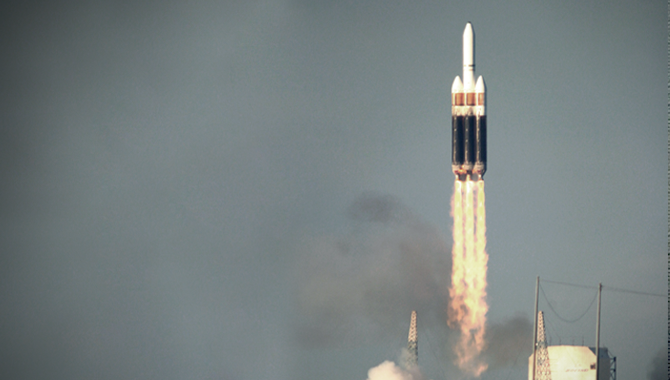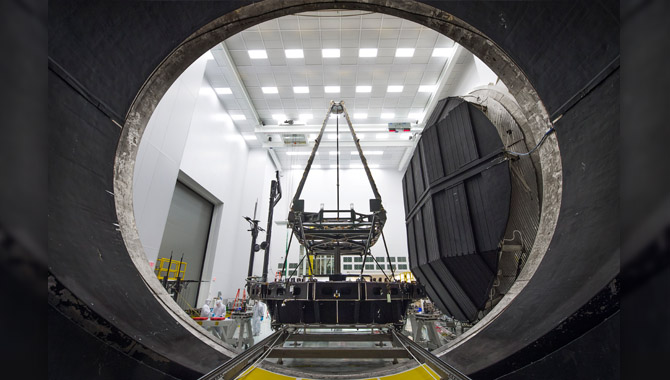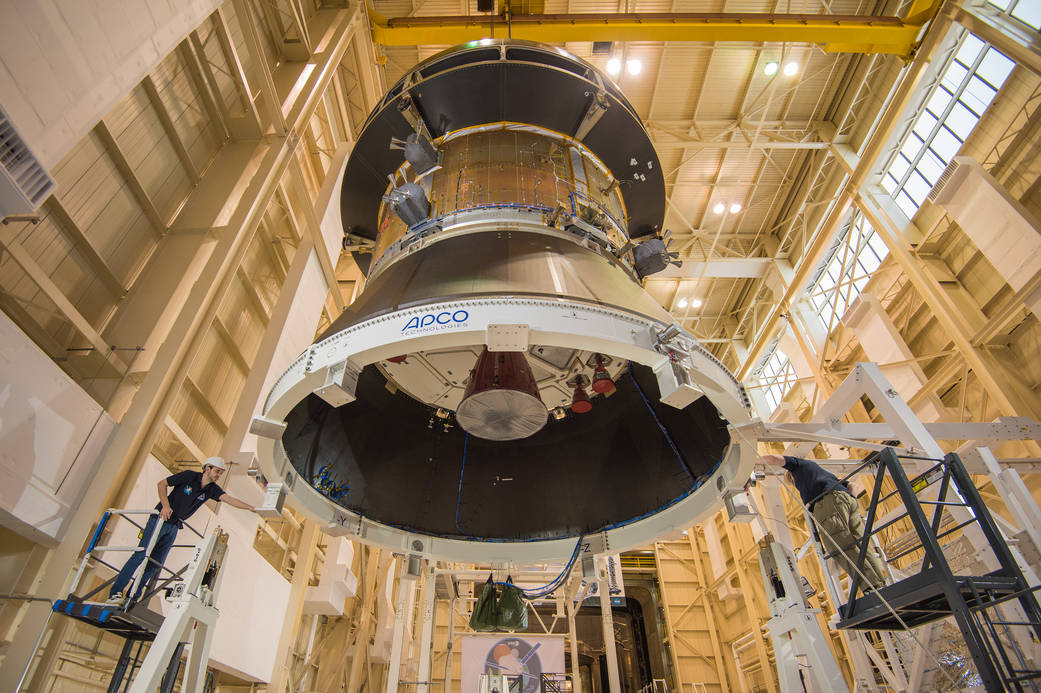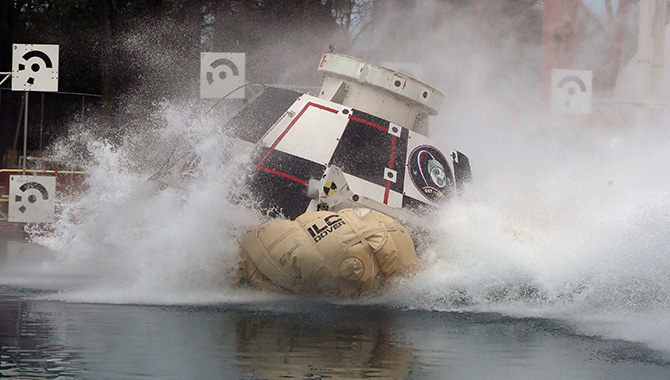
Recent Government Accountability Office (GAO) testimony to Congress identified a need for best practices to enhance future U.S. launch vehicle development efforts.
Space launch vehicle development is a highly complex effort. As a result, such programs are at risk from multiple perspectives: technical, programmatic, and oversight. On July 16, 2014, Cristina Chaplain, Director, Acquisition and Sourcing Management for the GAO, stated that given the high-risk nature of launch vehicle development efforts, incorporating disciplined practices and lessons learned into the Department of Defense (DOD) Evolved Expendable Launch Vehicle (EELV) program is imperative for success.
Three best practices were highlighted in the testimony.
First, a government-wide, long-term perspective should underscore all decisions regarding future launch vehicle development programs. In particular, defense and civilian agencies, including NASA, must coordinate efforts to promote efficiency.
Second, it is imperative that program requirements and resources be fully established from the start. If schedule constraints, human resources, and funding are not matched at the outset of the program, funding gaps—along with associated delays and elevated risks—frequently occur.
Third, applying lessons learned and experience-based best practices in executing the EELV will help ensure program success. Basing key decisions pertaining to cost, schedule, and project status on existing knowledge-based practices has been shown to improve outcomes.
The GAO testimony noted that incorporating these practices into U.S. space launch vehicle development efforts should help limit potential problems, including cost or schedule overrun.
Lift off of a Boeing Delta IV heavy launch vehicle, part of the evolved expendable launch vehicle (EELV) program.
Featured Photo Credit: U.S. Air Force photo by Carleton Bailie









